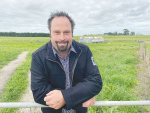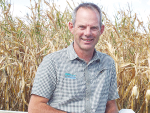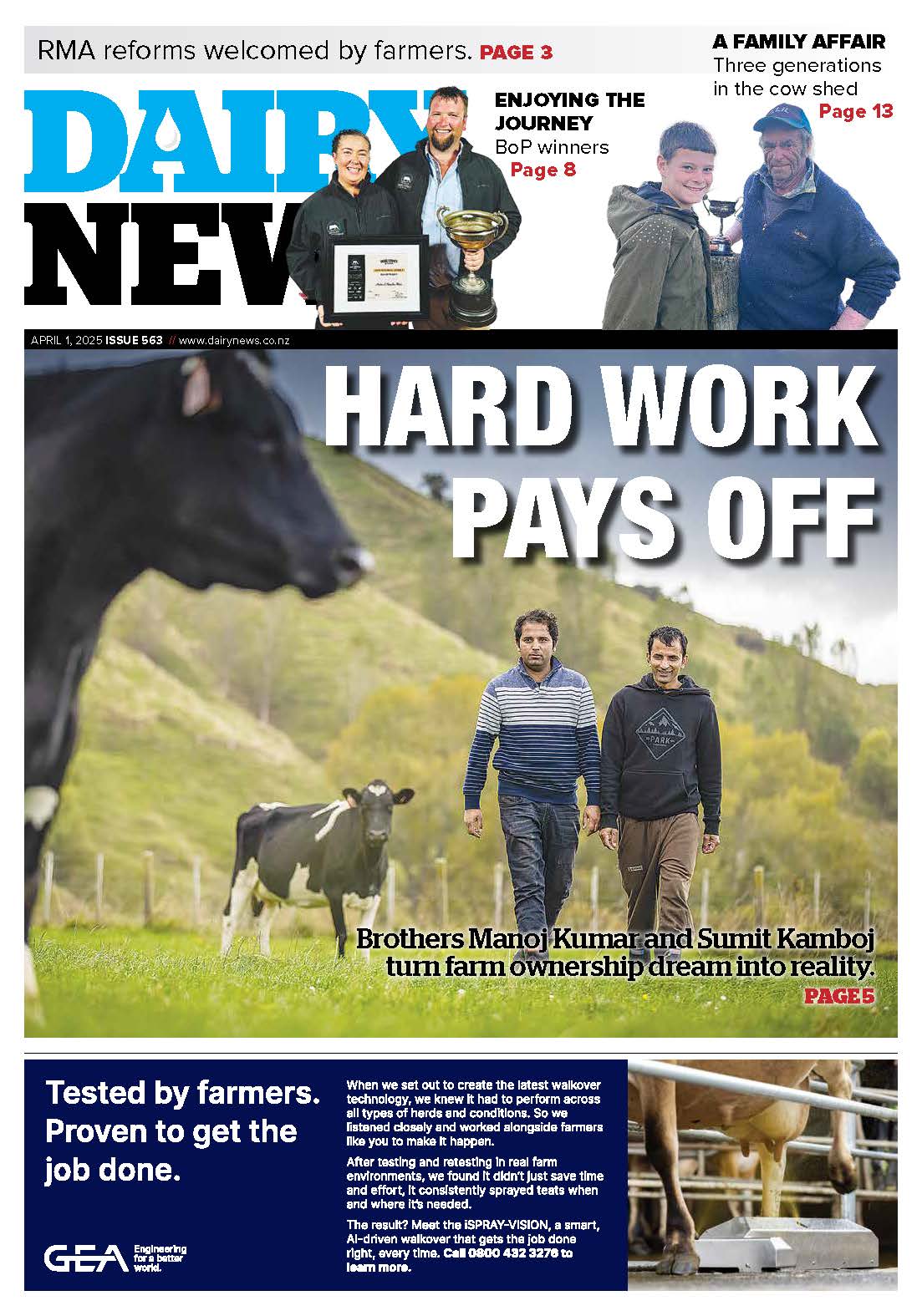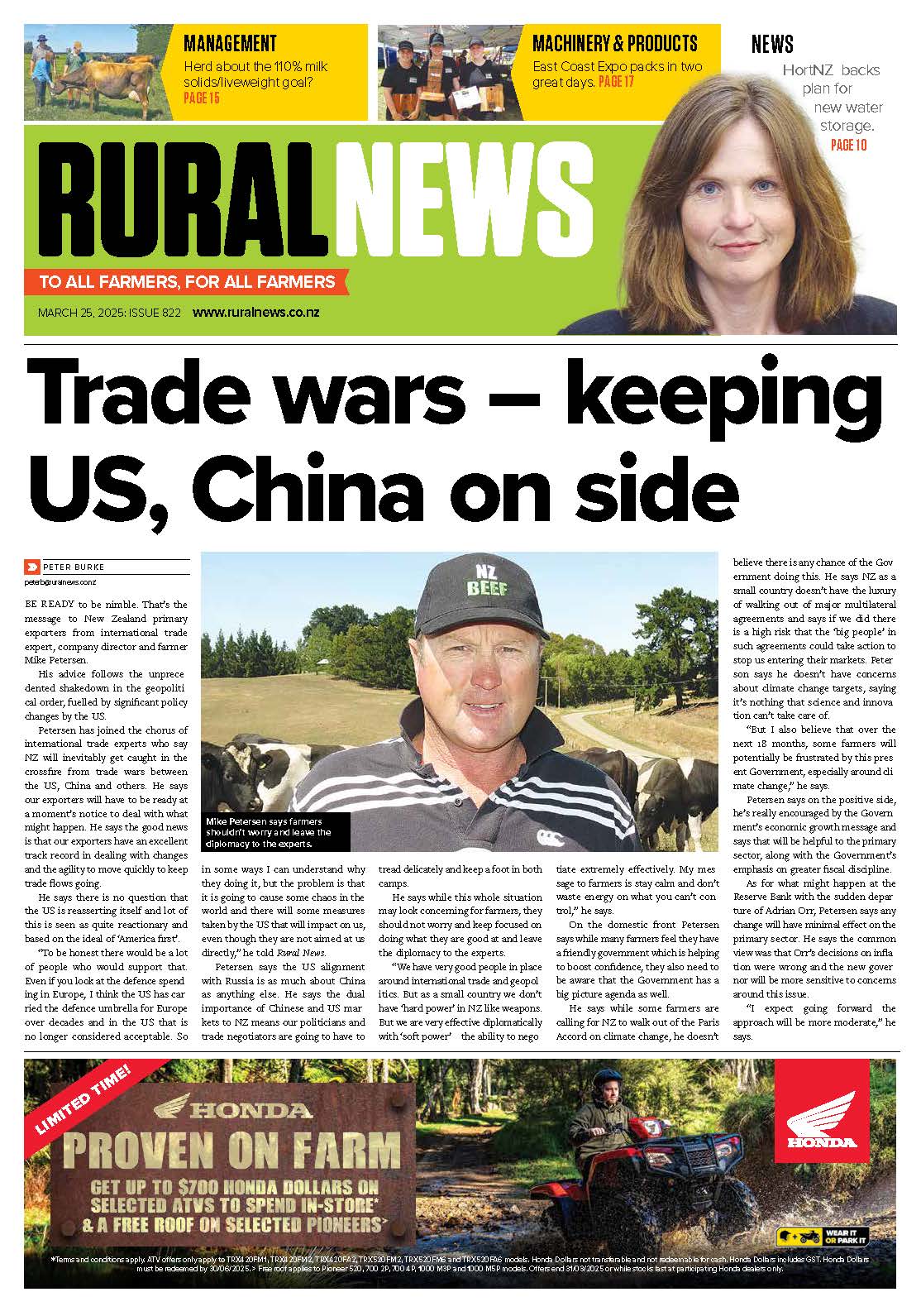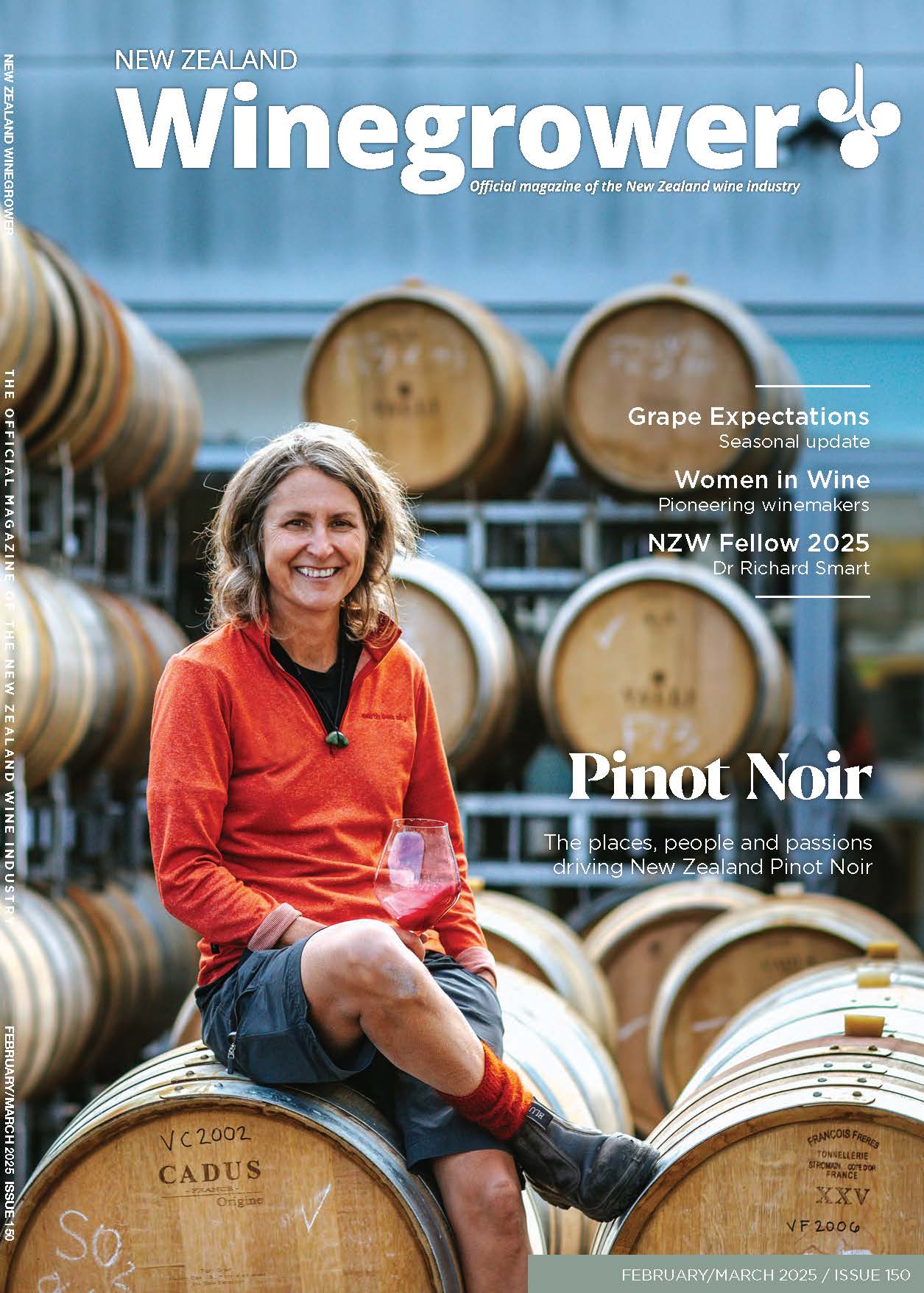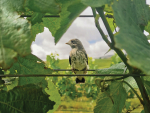First, came the news that New Zealand wine exports have exceeded $1.3 billion, up $1 billion on a decade ago. Growth of nearly 10% in the past year comes on the back of the larger 2013 vintage and continuing strong demand in key export markets. To North America, exports have exceeded $400 million, and together the USA and Canada are now a larger market than Australia.
All these numbers are indicative of the tremendous success of the industry in carving out a growing market niche for New Zealand wine. They bode well for the on-going growth of the industry both near term (when vintage 2014 comes on stream) and medium to long term.
The second matter of which all growers and wineries should be proud escaped my attention until I received an email from Dr David Jordan, the well-known viticulturist:
“I was reflecting on SWNZ and noting that we have moved in to the 20th year of the programme – this is a watershed as an achievement – a nationally focused sustainability programme in the primary industry with 20 yrs in operation (most marriages would have a large party on this milestone). My guess is that there is no other industry within New Zealand and the world that can make the claim of this tenure. This needs to be celebrated.”
How true! 20 years of ups, downs, and progress in a rapidly changing world. As David said quite an achievement and something to celebrate.
David’s email got me reflecting on the origins of Sustainable Winegrowing New Zealand and how it has changed the industry
Originally called NZ Integrated Winegrape Production (IWP) the programme was the result of a research initiative launched by Winegrowers of NZ, the then joint research arm of the Grape Growers Council and the Wine Institute. This was at the time when growers had only just stopped using mesurol to deter birds from consuming our grapes and there were concerns about residue levels in wines and the possible trade barriers that could be erected based on these.
To the lasting benefit of the industry, Winegrowers decided to examine the broader issue of sustainability, rather than just the narrow issue of spray residues. To that end in 1994 Winegrowers contracted the then government viticulturist, one Dr David Jordan, to report on sustainability schemes around the world. As part of that process David visited Switzerland, examined the Wadenswil programme, and recommended that with suitable amendment a similar programme would provide an appropriate sustainability framework for NZ.
Unlike many reports, David’s suggestions were acted on and bore fruit very quickly. The report was not something to lie on the shelf, rather it was a catalyst for action.
A pilot programme was launched in 1995 initially with five vineyards. Following that trial, in 1998 IWP went ‘live’ with 120 participating vineyards and the first technical workshops were held. Progress continued with the appointment of a National Co-ordinator in 2001, in 2002 IWP was rebranded SWNZ, and also in 2002 a winery scorecard was trialled, followed quickly by the launch of the winery programme in 2004 with 30 participating wineries.
In 2005 NZW commissioned an international review of SWNZ to assess where the programme had got to and where it should go in the future. The direct result of that review was that in 2007 NZW launched its Sustainability Policy aiming at 100% industry involvement in a sustainability programme by 2010. That led to vineyard and winery participation in the programme doubling in very short order which brings us pretty much to the present time.
It is interesting to note how things have developed over the past 20 years with SWNZ:
In the mid-1990s the sustainability initiative was very much outside the mainstream, whereas today most growers and wineries see sustainability as part of normal business.
Over the years SWNZ has been strongly research led, and indeed was borne directly out of the industry levy funded research programme
Development of the programme has been industry led, rather than imposed from outside sources.
SWNZ is best assessed when it is examined as a component of the wider industry commitment to sustainability. What I have not described above are the parallel NZW activities in areas such as the spray schedule, our positioning as clean and green, the development of the NZ organic standard, research into a range of sustainability issues etc all of which has provided a framework for SWNZ and have supported industry commitment to sustainability.
Finally SWNZ has shown it has the flexibility to meet changing industry requirements. From an initial focus on sprays SWNZ can now meet a range of member requirements, if members need it to.
All the above is not to say SWNZ and the wider NZW sustainability programme are perfect. There are areas for improvement, and to that end, SWNZ and NZW are about to launch our new initiative WiSE (Wine industry Sustainability Engine). We are confident this will markedly improve certain aspects of the current programme. Certainly feedback to date from growers and wineries in the test programme has been positive.
So after 20 years of sustainability development and experience we are moving into a new phase with WiSE. We plan to ensure that WiSE will add to the pride that every grower and winery should feel in the sustainability achievements of the industry over the past two decades. ν






